WHEN on October 4, 2020, a video of the Special Anti-Robbery Squad (SARS) dragging two men from a hotel, shooting one of them outside and fleeing in the deceased’s Lexus SUV, went viral, Nigerians were whipped into a frenzy.
The EndSARS movement, which began as a social media campaign in 2017, calling for the disbandment of SARS (Special Anti-Robbery Squad) infamous for its record of abuse of human rights, was revitalised following the rapid dissemination of the video and a nationwide protest began on October 8, 2020.
Outraged Nigerian youths organised themselves and set up an impressive virtual structure that managed and financed the ensuing protests.
It would be recalled that President Muhammadu Buhari responded to the sustained protests with a warning that the Federal Government “would not tolerate anarchy in the country.”
On October 20, 2020, the protest at Lekki tollgate was reported to have been violently repressed by the Nigerian Army, killing several protesters. Till date, the government and the army deny this allegation.
With plans for a memorial coming up on Octoner 20, Police authorities have begun issuing threats, warning the organisers to halt the plan. Kogi State Governor, Yahaya Bello, has also appealed to the youths to withdraw plans for another protest.
Talking about Kogi State, Inspector General of Police (IGP), Usman Alkali Baba, on Sunday, ordered immediate investigation into yet another case of police brutality suffered by a Nigerian citizen in Governor Yahaya’s Kogi State. The abuse allegedly took place on Saturday, October 16, 2021, according to viral video clips making the rounds. In one of the videos, which Prime Business Africa also examined, a young man was physically assaulted by a gun-toting police officer who, according to the narrator, got enraged when the victim asked why the officer should threaten to shoot at passengers of a commercial bus, ostensibly for pecuniary reasons.
The anonymous narrator in the video, who spoke in pidgin English, explained that a young man, probably in his late 20s, was forcibly asked to go with the officers on duty at Okene Road, Kogi State to withdraw N25,000 from a Point-of-sale (POS) machine. For daring to question their orders, the man was also slapped across his face by the officer as seen in the footage. The IGP, in directing the Kogi State Police Commissioner, Idrisu Dauda Dabban, to carry out an inquest into the poor treatment meted to the victim, assured that the investigation would ensure justice for the victim and bring the recalcitrant police personnel to book.
Recalling how what began as a peaceful protest by aggrieved youths against indiscipline by SARS personnel was hijacked by hoodlums and used to wreak havoc on individual lives as well as state-owned and private property, state actors who appeal to youths to reconsider their position, may not be entirely wrong.
We recall that property worth at least N1.5 trillion (11.47% of 2021 budget) were vandalised and looted by hoodlums who ‘cashed in’ on the protests to unleash mayhem.
In Lagos, for example, about 17 police stations were burnt by hoodlums, according to the Lagos Police spokesperson, Olumuyiwa Adejobi. The headquarters of Television Continental (TVC), was burnt down and the Palace of the Oba of Lagos, Rilwan Akiolu, was attacked in the spate of the violence.
In Enugu, banks’ automated teller machines (ATMs) at Presidential Road and the University of Nigeria, Enugu Campus (UNEC), were looted and destroyed. The National Identity Management Corporation (NIMC) office building in Emene was set ablaze and numerous bus shelters were destroyed.
Virtually all Nigeria’s southern and North Central states were affected by the looting spree.
These indices show plainly enough, how persons of flexible conscience can be used to lend violent and disruptive colouration to peaceful and legitimate efforts by right-minded citizens to demand justice and responsible representation from their leaders.
We believe that, if ruffians could hijack the EndSARS protest in 2020, there is no guarantee that a memorial protest in 2021 will not be met with the same fate.
In a statement released on October 11, 2021, by the Lagos police spokesperson, Adekunle Ajisebutu, the Lagos State commissioner of police Hakeem Odumosu warned against any form of protest to commemorate the Lekki event. According to the commissioner, “In view of the volatility of the present situations in the country, and the breakdown of law and order which the planned protest might cause, the Lagos State Police Command sternly warns against any form of protest today.”
However, as authorities continue to showcase their deep-seated paranoia of meaningful collaborations and solidarity movements by the youthful population of Nigeria, we urge caution.
In our opinion, such utterances disregard the fundamental motives behind the EndSARS protest in 2020, as the crackdown mentality appears not to target the hoodlums who make mockery of the legitimate effort to discourage police brutality, but at the protesters who make these moves.
Human rights lawyer Femi Falana had described this effort by Police to halt the first anniversary of the EndSARS protest as illegal.
According to reports, the Senior Advocate said such threats from the police constituted an infringement on the rights of Nigerians.
“In view of the threat of the authorities of the Nigeria Police Force to ban Nigerian citizens from exercising their fundamental rights to assemble and hold peaceful rallies to mark the first-year anniversary of the #EndSARS protests, it has become pertinent to draw attention to the current state of the law on public meetings, rallies and processions in the country.
“The threats against peaceful rallies oozing out of the police Headquarters and State Commands are illegal as they constitute a gross infringement of the fundamental rights of the Nigerian people to freedom of expression and freedom of assembly guaranteed by sections 38 and 40 of the Nigerian Constitution as well as articles 9 and 10 of the African Charter on Human and Peoples Rights Act,” Mr Falana said.
The Federal Government must not jeopardise the fundamental rights of citizens in attempt to enforce order and protect its interest.
Nigerian youths and organisers of the potential protest, must, however, remain vigilant.
We advise that, understanding the climate in which they operate, it is imperative that Nigerian youths do not give hoodlums the opportunity to hijack their cause and threaten the peaceful existence of members of the society or destroy state-owned and private property.

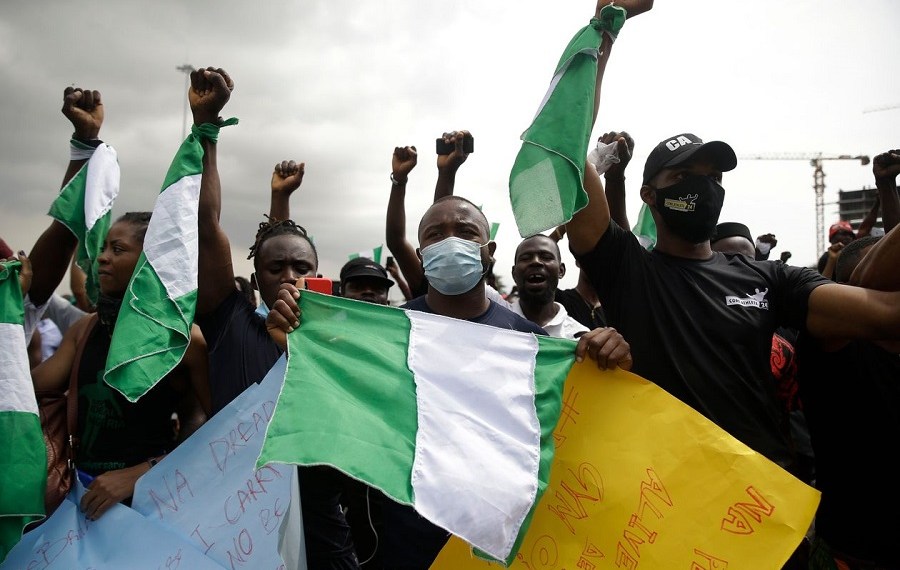





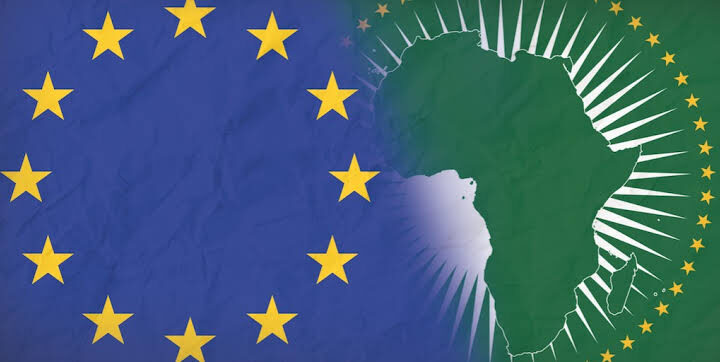






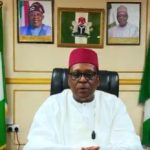

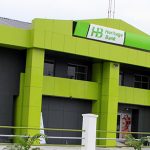
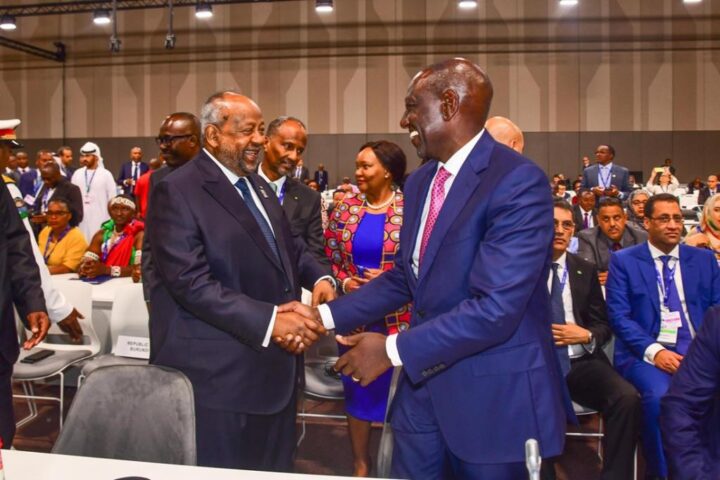
![Gender Activism An Economic Necessity In Africa [PBA Editorial]](https://www.primebusiness.africa/wp-content/uploads/2023/11/vaw-720x480.png)
Follow Us